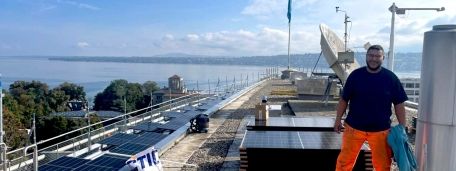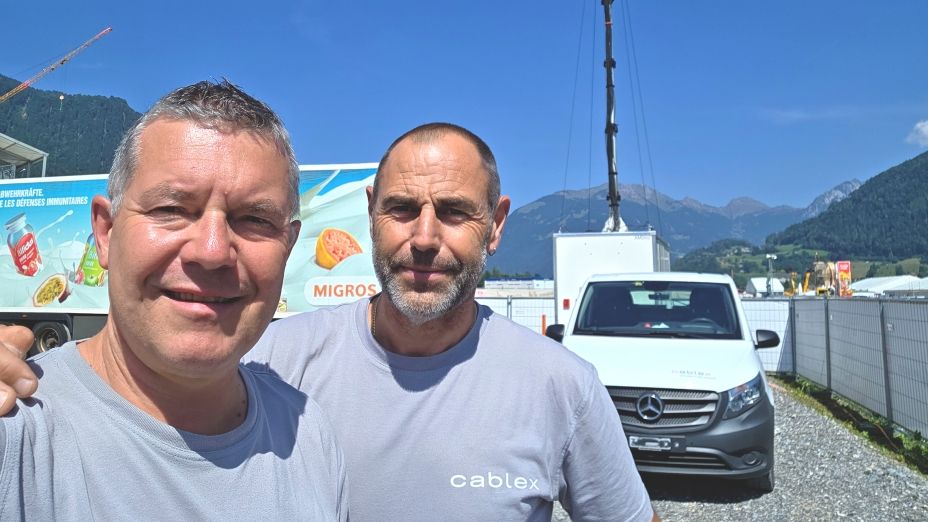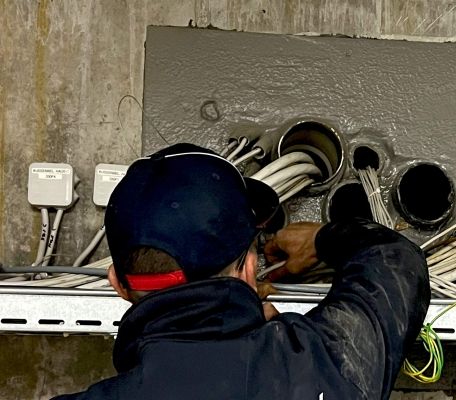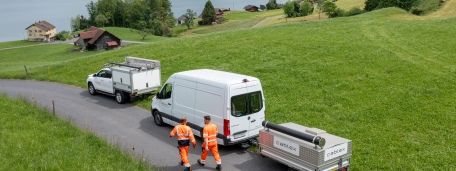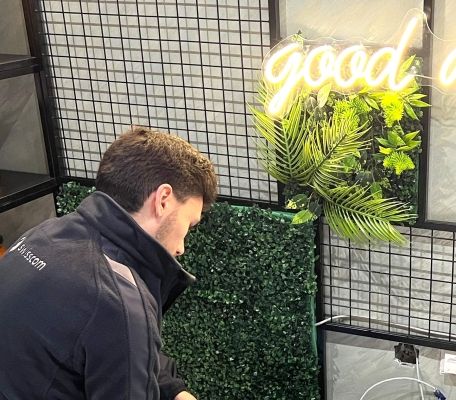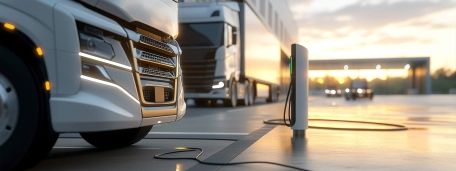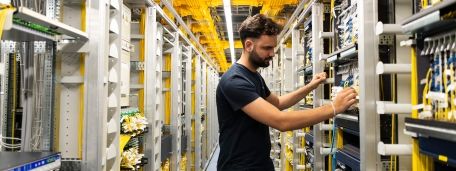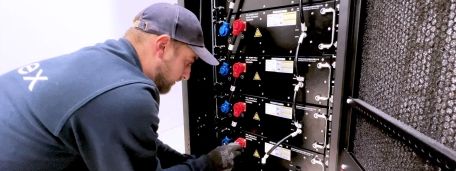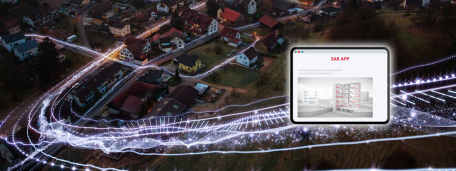The more electricity from the photovoltaic (PV) system that is available for users' own needs, the more profitable the system is for them. The PV system produces electricity even when the flats are unoccupied during the day and energy requirements are low, resulting in a power surplus. Without a ZEV, this power is then fed into the power grid and remunerated at only a low price. If the parties merge as a self-consumption initiative (ZEV), they can jointly produce and consume power. For example, the neighbour who works in home office, who is charging his e-car and has the tumble drier running, could use the energy surplus from the PV system and thereby obtain inexpensive eco-electricity.
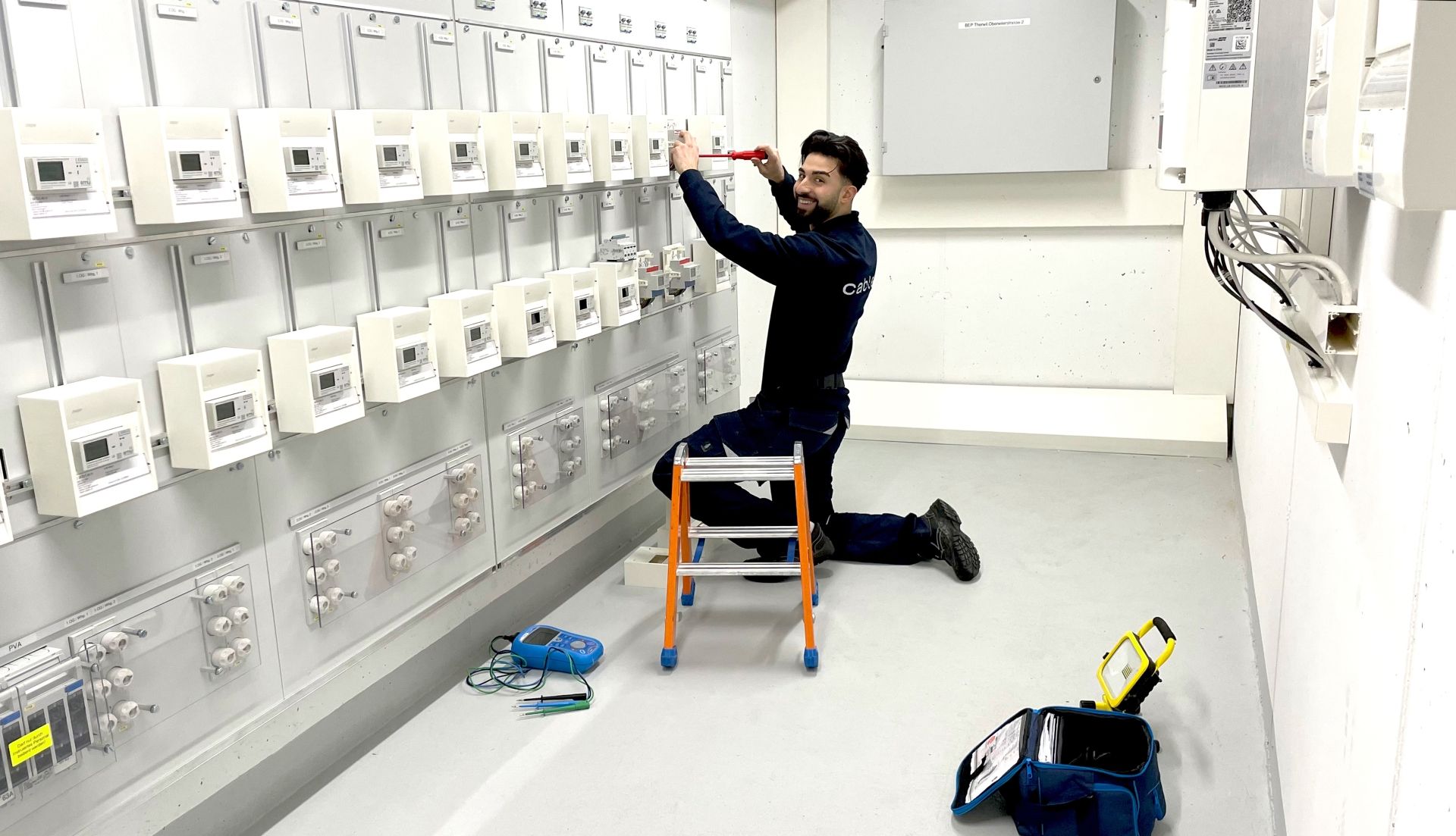
Complete package: produce electricity sustainably and save costs.
Anyone who invests in a photovoltaic system values a sustainable and ecological power supply. In addition, today more than ever it is a question of saving energy costs and, at the same time, boosting the value of a property. cablex knows the needs of its customers and can offer them a complete package.

Taking the example of a multi-family building in the Canton Basel-Landschaft, cablex shows why a merger as a self-consumption initiative (ZEV) is worthwhile both for tenants and landlords. It explains the advantages of the ZEV and, of course, defines all the parameters customers need for the best possible implementation.
Why does the self-consumption initiative (ZEV) make sense?
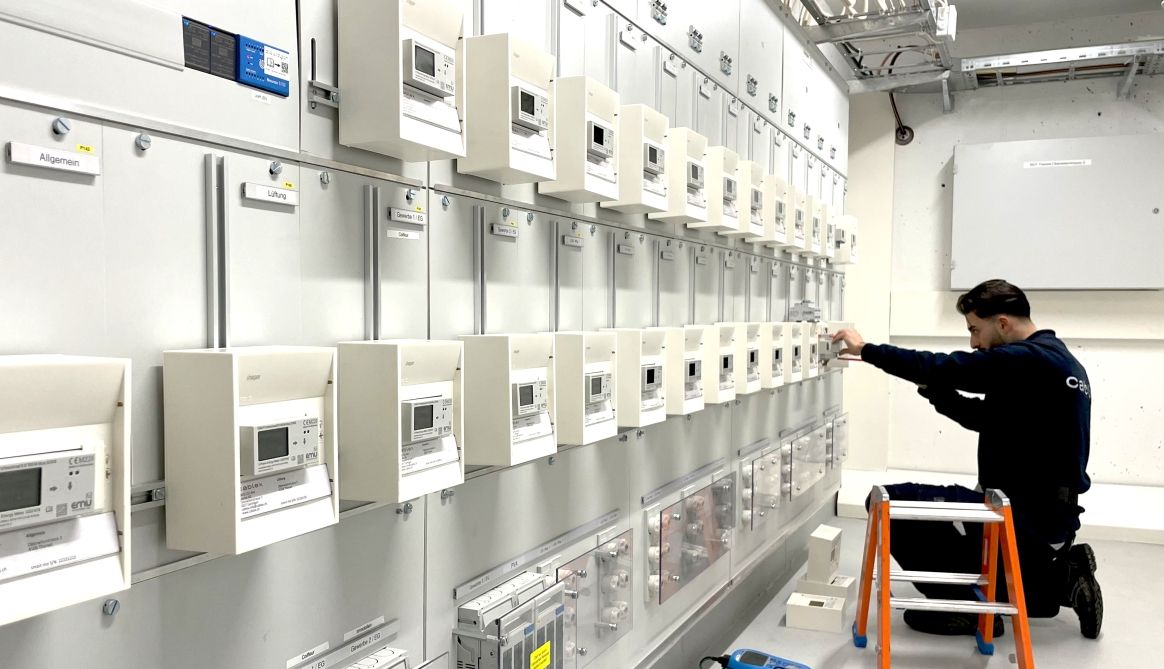
The three biggest advantages of a ZEV for landlords and tenants.
Landlords benefit from:
- property value increase
- faster amortisation of the PV system thanks to intelligent electricity use
- additional value creation in the form of electricity sales
Tenants benefit from:
- lower electricity prices
- monitoring and optimisation of personal energy consumption
- lower ancillary costs
More reasons in favour of the ZEV complete package from cablex.
After a consultation and clarification of what is needed, cablex takes care of the tailor-made, cost-optimised project planning of the self-consumption initiative. cablex has been an experienced and reliable partner for the installation of smart meters for several years. The expert knowledge it has generated through this experience is integrated directly in the ZEV project planning. Experienced fitters install the measurement technology during the implementation.
Why choose cablex as a partner? Here the advantages at a glance.
- No questions unanswered: Our complete package from consultation to measurement technology makes us a reliable partner.
- Well-founded expert knowledge creates high-quality results. The project planning integrates many years of experience in installing smart meters.
- Single point of contact thanks to Swiss-wide realisation of self-consumption initiatives for properties
- Our team of specialists for smart energy management would be pleased to give you an explanation of further options for modern energy infrastructure for buildings and outdoor installations.
On request, we will build and integrate the right charging station for your electric vehicles for you. Contact usand find information in our brochure "Integrated charging infrastructure from cablex".

